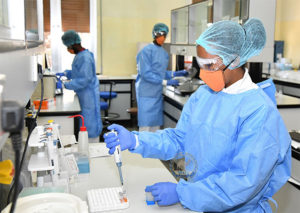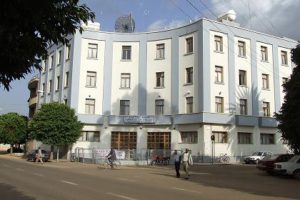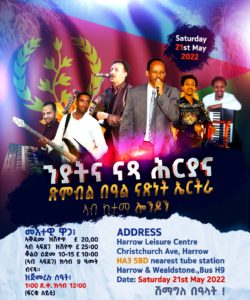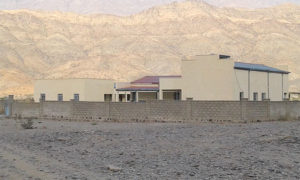ERi-TV, Eritrea – ኤርትራውያን ሓኻይም ብዛዕባ ኮሮና ቫይረስ (COVID-19) ዝምልከት ንህዝቢ ዘመሓላለፍዎ ኣገዳሲ መልእኽቲ
ocial distancing, also called “physical distancing,” means keeping space between yourself and other people outside of your home. To practice social or physical distancing:
Stay at least 6 feet (2 meters) from other people
Do not gather in groups
Stay out of crowded places and avoid mass gatherings
In addition to everyday steps to prevent COVID-19, keeping space between you and others is one of the best tools we have to avoid being exposed to this virus and slowing its spread locally and across the country and world.
When COVID-19 is spreading in your area, everyone should limit close contact with individuals outside your household in indoor and outdoor spaces. Since people can spread the virus before they know they are sick, it is important to stay away from others when possible, even if you have no symptoms.
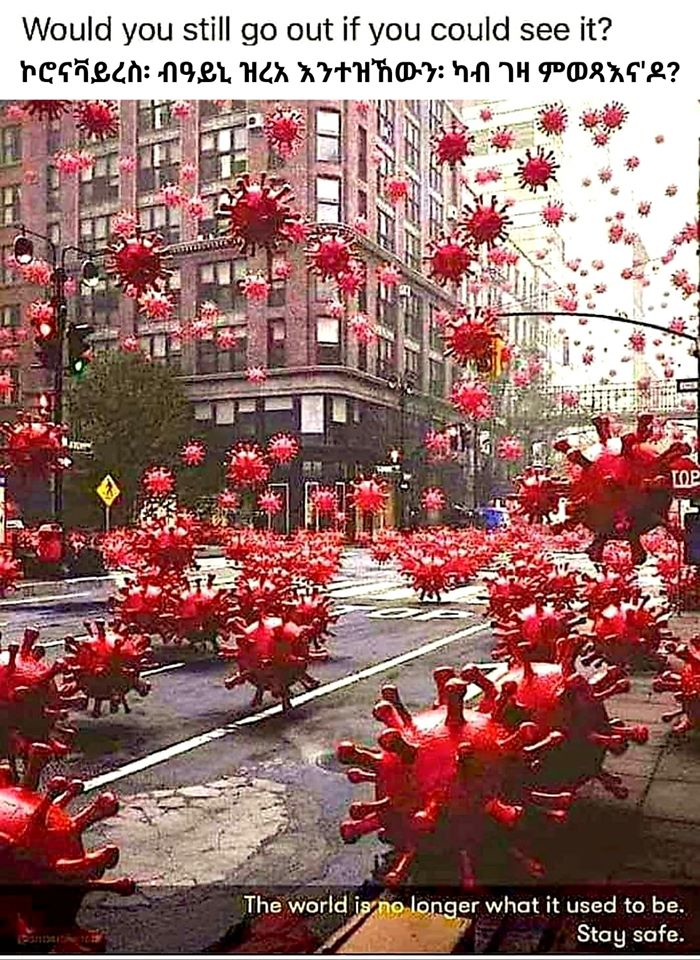
Stay at home
The single most important action you can take is to stay at home in order to protect the NHS and save lives.
You should only leave the house for very limited reasons:
- shopping for basic necessities, for example food and medicine, as infrequently as possible
- one form of exercise a day, for example a run, walk, or cycle – alone or with members of your household
- any medical need, including to donate blood, avoid risk of harm, provide care or help a vulnerable person
- travelling for work purposes, but only where you cannot work from home
These are exceptions – and when doing these activities, you should minimise time spent outside of the home and ensure you are 2 metres apart from anyone outside of your household.
Critical workers, and parents of vulnerable children, may leave the house to take their children to and from school or their childcare provider. More detail is available online. Children can be moved between homes if their parents live separately.



